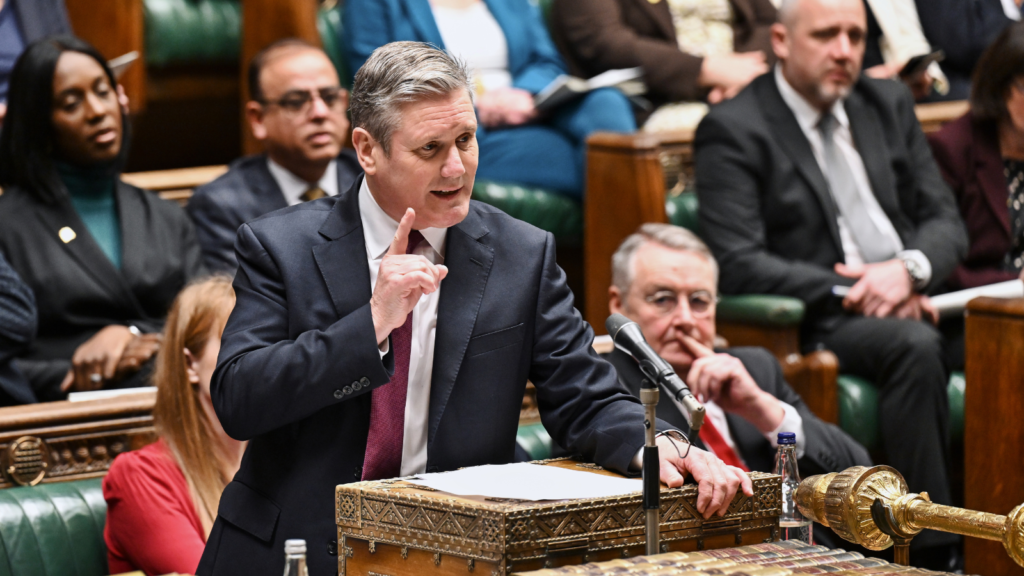The recent UK general election has ushered in a significant shift, with the Labour Party claiming a resounding victory. This change in government is set to influence various sectors, including the cruise industry. Key industry stakeholders are preparing to navigate the new political landscape with renewed strategies.
Political Shifts and Industry Response
The election outcome has introduced a Labour majority, reshaping the political terrain. Prominent Conservative figures like Mark Harper and Grant Shapps have lost seats, indicating a paradigm shift. Industry leaders, such as Andy Harmer of CLIA UK, emphasise the need for accelerated sustainability efforts and collaboration with the government.
Harmer articulated the cruise sector’s substantial economic contribution, generating billions annually and supporting thousands of jobs. The industry has established robust ties with the new government, aiming to enhance understanding of its benefits with MPs and stakeholders across the political spectrum.
Engagement with the New Government
Mark Tanzer, CEO of ABTA, declared the readiness of the association to engage proactively with the new government. Extensive groundwork with diverse parliamentary candidates positions ABTA to advocate effectively for the travel industry’s interests.
In the coming days, ABTA plans to contact newly appointed ministers to underscore the travel industry’s £49 billion economic contribution and its support of 843,000 jobs, while also addressing pressing issues like sustainability and consumer spending challenges.
Sustainability and Policy Advocacy
Sustainability remains a focal point for the cruise industry. The CLIA has called for greater governmental support to expedite sustainable fuel production and environmental initiatives.
Intervention from the government is deemed crucial in helping the industry meet its sustainability goals. The challenges faced by travel businesses, including Covid loan repayments, highlight the need for supportive policy changes.
ABTA stresses the importance of policy implementation that safeguards the significant benefits of travel and tourism domestically and globally. This approach is vital for ensuring the industry’s resilience and growth amidst economic uncertainties.
Consumer Confidence and Economic Stability
Industry confidence is anticipated to rise post-election. Steve Witt of Not Just Travel noted the positive correlation between political stability and consumer certainty, which can bolster customer spending on travel.
Witt expects the agency’s strong sales performance to continue, buoyed by newfound clarity in the political environment. Such stability empowers consumers to indulge in travel, contributing to the industry’s rejuvenation and economic contribution.
Future Outlook for the Cruise Sector
The cruise industry is poised for strategic growth under the new government. Reinforced alliances with political representatives are expected to facilitate advancements in sustainability and economic initiatives.
Ensuring sustained engagement with policymakers is crucial for addressing sector-specific challenges and capitalising on opportunities for innovation and expansion.
The potential for long-term, stable governmental partnership provides a foundation for the cruise sector to thrive, ensuring its vital role in economic development and employment creation.
Strategic Industry Collaborations
Collaborative efforts within the industry aim to advance strategic goals. Establishing partnerships with government and non-governmental entities will be integral to ensuring progress.
Building on existing relationships, the cruise industry seeks to leverage collective resources and insights to drive innovation and achieve shared objectives.
The Labour party’s electoral triumph signals a new phase for the cruise industry. By fostering government collaboration and focusing on sustainability, the industry is poised for a promising future. Despite challenges, strategic partnerships and policy advocacy will be key to securing economic growth and stability.

